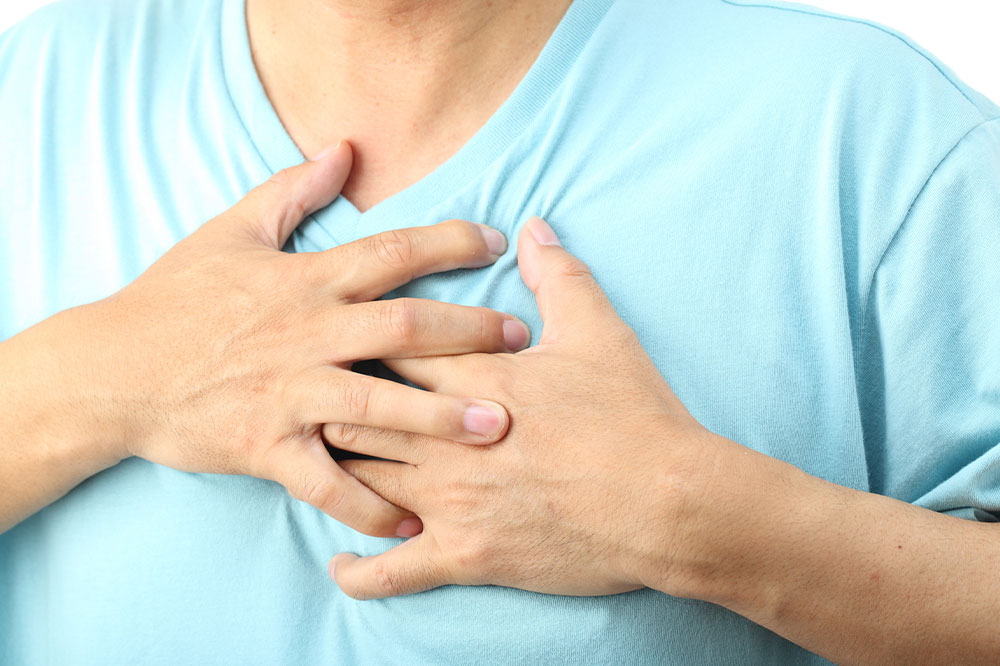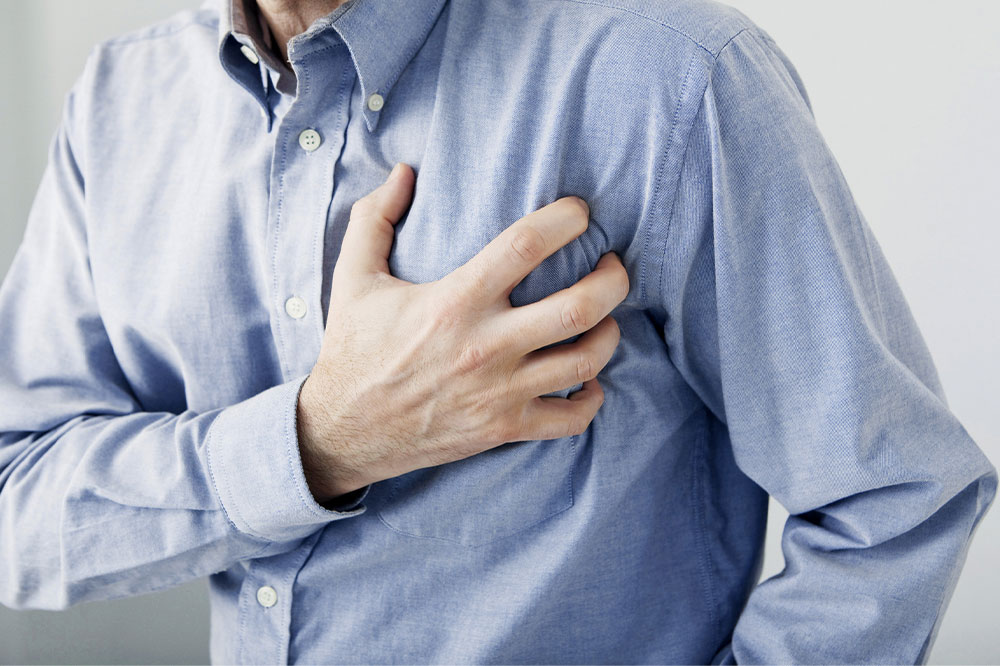
10 warning signs of high cholesterol to look out for
High cholesterol is a common condition that can increase your heart disease and stroke risk. It occurs when excessive cholesterol is in your blood, which can lead to buildup in your arteries. This can narrow your arteries and restrict blood flow to your organs, leading to serious health problems. This article will discuss the early signs of high cholesterol and let you take steps to prevent and manage this condition. Chest pain Chest pain is among the most common early signs of high cholesterol, often accompanied by shortness of breath, sweating, or lightheadedness. This occurs when cholesterol buildup in the arteries reduces blood flow to the heart, causing chest pain or discomfort. Chest pain can also be described as pressure, tightness, or squeezing in the chest. Numbness or tingling sensation High cholesterol can also cause a numbness or tingling sensation in the hands and feet. The high cholesterol content in the arteries constricts the blood supply, resulting in nerve damage. A similar sensation is often felt by a burning or prickling feeling. Headaches Headaches can be a sign of high cholesterol, particularly if they are severe or frequent and, most of the time, lead to dizziness or lightheadedness. So, frequent headache episodes because of high cholesterol might call for a doctor’s intervention.
Read More 










